Self-Discovery in 2025: How Emotional Intelligence Journaling Can Transform You and Your Family Connections
Disclosure: This post may contain affiliate links, meaning I may get a small commission if you decide to make a purchase through my links, at no cost to you.

Emotional Intelligence Journaling: 2024 Guide to Boost EQ
Emotional intelligence (EI) is more than just a buzzword—it’s the key to better relationships, decision-making, and overall well-being.
Did you know that 90% of top performers have high emotional intelligence? One powerful, yet simple, way to boost your EQ is through emotional intelligence journaling!
By regularly reflecting on your emotions, patterns, and reactions, you can become more self-aware and learn to manage your emotions effectively.
In this article, we’ll dive into how emotional intelligence journaling works and how incorporating specific journaling games and prompts (available on Amazon) can help you level up your emotional IQ in no time.
Related:
200 Fun Journal Prompts for Adults
What is Emotional Intelligence?

Alright, let’s dive into emotional intelligence (or EI as it’s often called). You’ve probably heard people talking about how important it is to have a high IQ (intelligence quotient), but let me tell you—IQ is only one part of the puzzle.
Emotional intelligence, on the other hand, is what helps us navigate life’s ups and downs, manage our relationships, and even perform better at work.
It’s the secret sauce that makes social interactions and personal growth so much easier. Honestly, I wish I had learned about it years earlier! It would have saved me a ton of emotional drama in my early 20s.
Definition of Emotional Intelligence (EI)
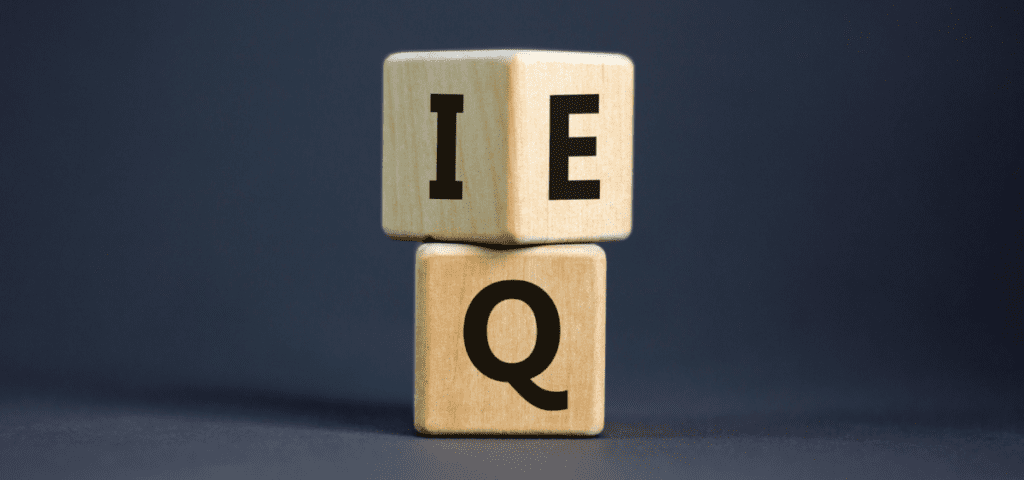
In simple terms, emotional intelligence is the ability to understand and manage not only your own emotions but also the emotions of others.
It’s like having a superpower, really. Imagine walking into a room and being able to read the emotional atmosphere, adjusting your behavior, and connecting better with the people around you.
That’s what EI does. Researchers like Daniel Goleman, who really popularized the term, define it as a blend of skills that include awareness of emotions, managing those emotions effectively, and using them to guide your thoughts and actions.
I’ve seen this firsthand when working as a teacher for special needs young adults. Many of them had difficulty managing their emotions, and without understanding emotional intelligence, it was like we were all speaking different emotional languages.
Once we started focusing on emotional awareness, though, we saw huge improvements—not just in their behavior, but in how they interacted with each other and the world around them.
Emotional intelligence gave them tools they never had before, and honestly, it gave me a whole new perspective as their teacher.
The Four Core Components: Self-Awareness, Self-Regulation, Social Awareness, and Relationship Management
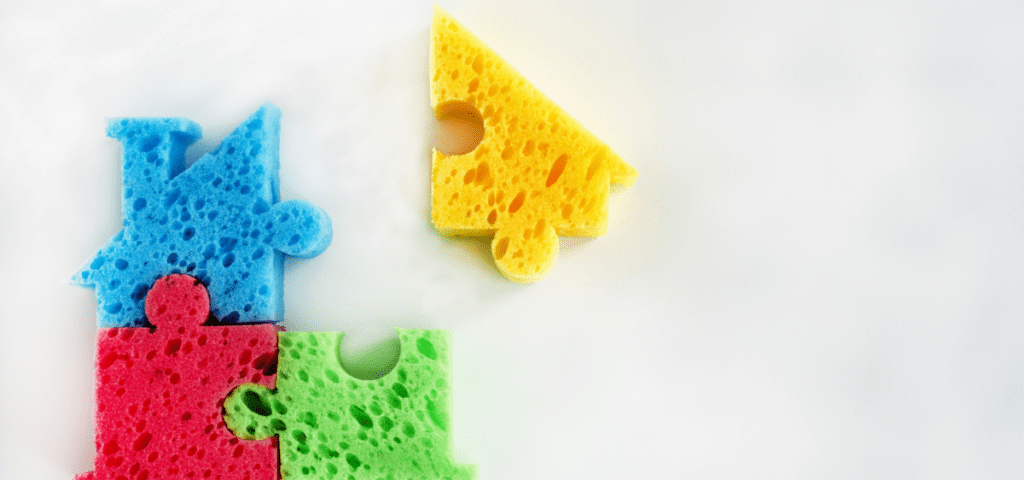
So, emotional intelligence is broken down into four key areas. I like to think of them as different tools in your emotional toolbox, each with a specific purpose. Let’s break it down:
- Self-Awareness: This is where it all starts. Self-awareness is simply recognizing your own emotions as they happen.
It’s about knowing when you’re angry, happy, stressed, or excited, and why. I’ll admit, I wasn’t great at this when I first started working with young adults.
I’d get frustrated during tough moments but couldn’t pinpoint why. Once I became more aware of my own emotional triggers, I was able to stop reacting impulsively and start responding thoughtfully. - Self-Regulation: If self-awareness is about understanding your emotions, self-regulation is about managing them.
It’s one thing to know you’re angry, but it’s another thing entirely to not let that anger explode at the wrong time.
Self-regulation helps you pause, take a deep breath, and choose a more productive reaction.
Honestly, I’ve failed at this a few times (who hasn’t?), but when I started using journaling as a tool to track what triggered certain emotional outbursts, I got much better at managing those reactions. - Social Awareness: Now we’re moving beyond ourselves. Social awareness is all about understanding the emotions of others.
I see this as emotional empathy—it’s what helps us read a room or know when a friend is upset even if they’re not saying it.
For me, working with special needs young adults taught me the power of empathy. Some days they were frustrated or sad, and I had to learn to pick up on non-verbal cues to figure out what was going on.
It’s made me much more tuned in to people’s emotions in general. - Relationship Management: Finally, relationship management is the culmination of the first three components.
It’s knowing how to use emotional intelligence to navigate your relationships successfully—whether that’s with family, friends, or coworkers.
If you’ve ever had a fight with someone and managed to talk it out calmly, you’ve tapped into this skill.
Journaling helped me improve this area by allowing me to reflect on tough conversations and think about how I could have handled them better.
It’s a game-changer in managing both personal and professional relationships.
How Journaling Connects to Building These Skills
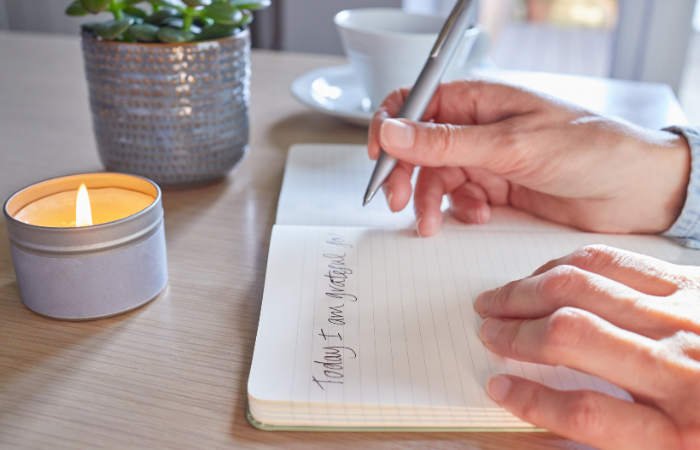
Now, how does journaling fit into all this? Honestly, journaling is like a mirror for your emotions—it gives you a chance to sit down, reflect, and see things clearly.
It’s like pressing pause on the chaos and gaining perspective. I started journaling after reading about how powerful it can be for emotional intelligence, and I haven’t looked back since.
For self-awareness, journaling is a way to track your emotions in real-time. You write about what made you feel angry or anxious during the day, and over time, you start to see patterns.
For example, I noticed that I was often frustrated after meetings where I felt unheard. That simple realization helped me adjust my expectations and communicate more effectively in the future.
When it comes to self-regulation, journaling lets you see your emotional reactions in black and white. It forces you to slow down and think before reacting.
I can’t tell you how many times I’ve written out my frustration only to realize that I was blowing things out of proportion. The act of writing it down helps me process the emotion rather than act impulsively.
Social awareness gets a boost from journaling because it forces you to think about other people’s perspectives.
After a tough day, I’ll journal not just about what I felt but also about what others might have been feeling. It’s a humbling experience, honestly.
You start to realize that you’re not the only one with complex emotions, and that makes you a more compassionate person.
Finally, journaling helps with relationship management because it allows you to reflect on your interactions with others.
After an argument or difficult conversation, I’ll write down what was said and how it made me feel. It’s not always easy, but this process helps me prepare for future interactions and handle conflict more effectively.
So, grab a journal, jot down your thoughts, and start reflecting on your emotions. You might just find that your emotional intelligence improves faster than you expected.
Related:
Journaling Benefits for Kids of All Ages
The Benefits of Emotional Intelligence Journaling
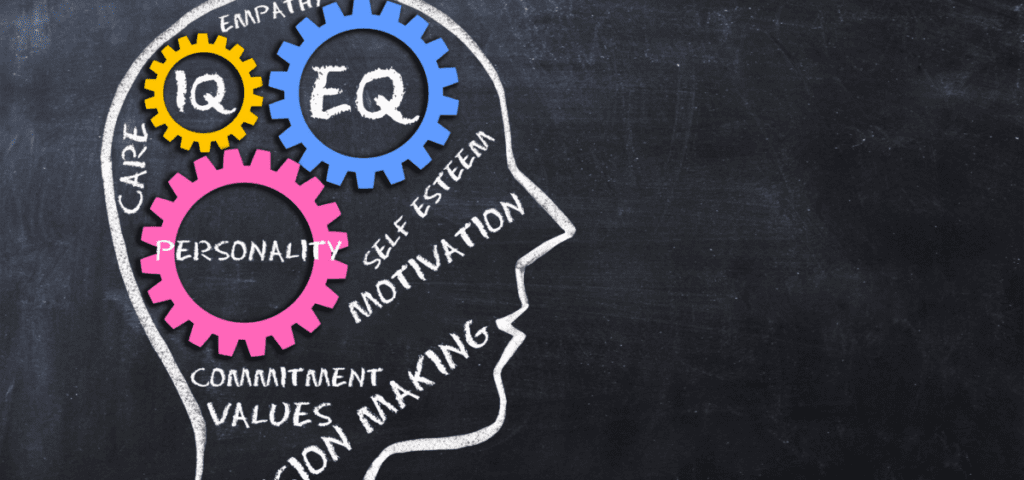
So, what’s the big deal with emotional intelligence (EI) and journaling? Why are people always going on about it?
Well, let me tell you, journaling is like this secret weapon for your brain. It’s like hitting the “pause” button in your day and getting the chance to reflect on how you’re feeling and why.
But it’s not just about dumping your feelings on paper. Nope, it actually helps build some pretty amazing skills that’ll make life a whole lot easier. Let’s break it down.
Enhances Self-Awareness and Reflection
Okay, I used to think I was super aware of my emotions. Like, “Of course, I know when I’m mad or stressed!” But it turns out that being aware of your emotions is more than just knowing when you’re upset.
It’s about understanding what triggered that emotion in the first place. And let’s be real, sometimes we can be totally clueless about that.
That’s where journaling comes in. When you write about your day or how something made you feel, you start seeing patterns.
Maybe you notice that every Monday, you’re in a bad mood because you didn’t get enough sleep over the weekend. Or maybe there’s a certain person who just always makes you anxious, but you haven’t realized why.
Writing it down helps you step back and go, “Oh, so that’s what’s happening!”
There was this one time I wrote in my journal about feeling super irritable for days. After reading back through my entries, I realized it wasn’t random—I was always feeling that way after meetings with a particularly difficult coworker.
Lightbulb moment! It wasn’t just “bad vibes”—it was a specific trigger I could work on.
Helps Manage Stress and Overwhelming Emotions

Let’s face it, stress is a part of life. But sometimes, it feels like the stress monster is way bigger than we can handle.
And, no kidding, there have been times when it felt like everything was piling up—work, family, deadlines, and let’s not forget all the little things we stress about for no reason (hello, spilled coffee!).
That’s where journaling saved me. When you write about what’s stressing you out, it’s like untangling a knot.
The problem might feel huge in your head, but once you start breaking it down on paper, you can see it more clearly.
Journaling helps get those overwhelming feelings out of your system before they eat you alive.
Here’s a tip I’ve learned: don’t just write about the stress—write about how you dealt with it. That way, you can look back and see, “Okay, I freaked out when I had too many things on my to-do list, but when I broke them into smaller chunks, I got through it.”
It’s almost like your future self is coaching you on how to handle things better next time.
Improves Decision-Making and Problem-Solving
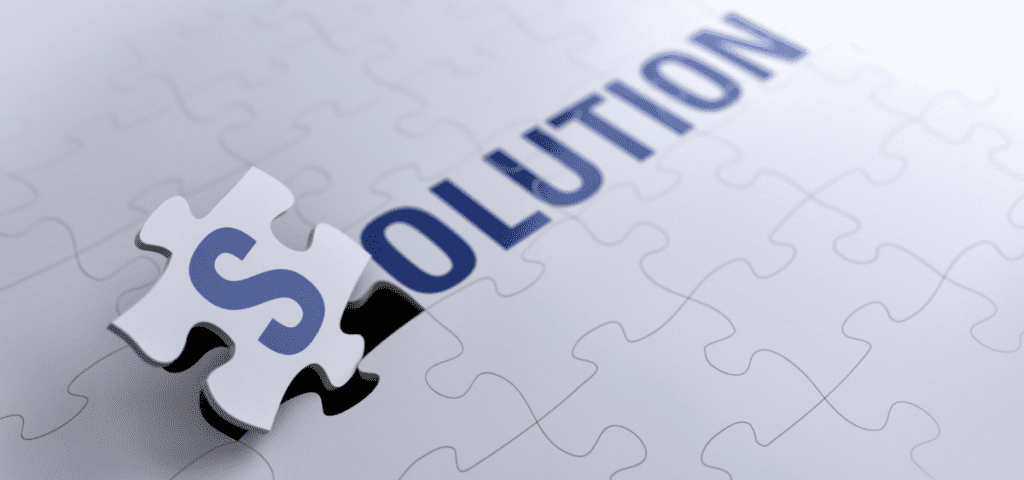
You ever have those moments where you just can’t make a decision to save your life? It’s like even deciding what to eat for lunch feels like this huge, life-altering choice.
Journaling helps with that too. When you’re faced with a tough decision, writing down your options and the pros and cons helps make things clearer.
Let’s say you’re trying to figure out whether to join a new club at school or stay in the one you’re already in.
Instead of spinning your wheels and stressing, you can use your journal to list out all the reasons why joining might be fun, but also the reasons why staying put might be better.
It’s like having a conversation with yourself where you can see all the angles.
And it’s not just decisions about clubs or social stuff—it can be anything. I’ve even journaled through decisions like how to handle a conflict with a friend.
Writing it down helped me see the bigger picture and stopped me from making an impulsive choice that I’d regret later.
Strengthens Empathy and Understanding in Relationships

Here’s the thing—being emotionally intelligent isn’t just about understanding yourself; it’s about understanding other people too.
Emotional Intelligence Journaling helps you think about how other people are feeling and why they might act the way they do. And, if I’m being honest, this was one of the biggest game-changers for me.
I remember once I had a student who was acting out, and I was getting so frustrated. I wrote in my journal about how annoyed I was, but as I kept writing, I started to think about what might be going on in their life that was causing this behavior.
It was like a switch flipped, and instead of just focusing on how they were affecting me, I started thinking about what they were going through.
Journaling made me more patient and understanding, and in turn, it helped me be a better teacher (and honestly, a better person too).
Empathy is hard, especially when someone’s actions hurt or annoy you. But when you write about it, you get a chance to step into their shoes—even if it’s just for a moment.
Suddenly, you’re not as quick to judge or react because you’ve thought it through. And when you apply that to friendships, family, or even strangers, it makes a huge difference.
You start building stronger, healthier relationships where both people feel understood.
Top Emotional Intelligence Journal Prompts

If you’re thinking about starting emotional intelligence journaling but don’t know what to write, I’ve got you covered.
When I first began journaling, I had no clue what I was doing either. I was only 10 after all. I’d sit there, staring at a blank page, not sure what to write besides “Today was stressful.”
But believe it or not, having a few solid journal prompts can make all the difference. Here are some that really helped me (and might do the same for you!) when it came to understanding and managing my emotions and mental health.
Here are some more writing prompts to get you started with journaling practice —->
Daily Emotional Intelligence Journaling and Check-ins (What am I feeling right now?)
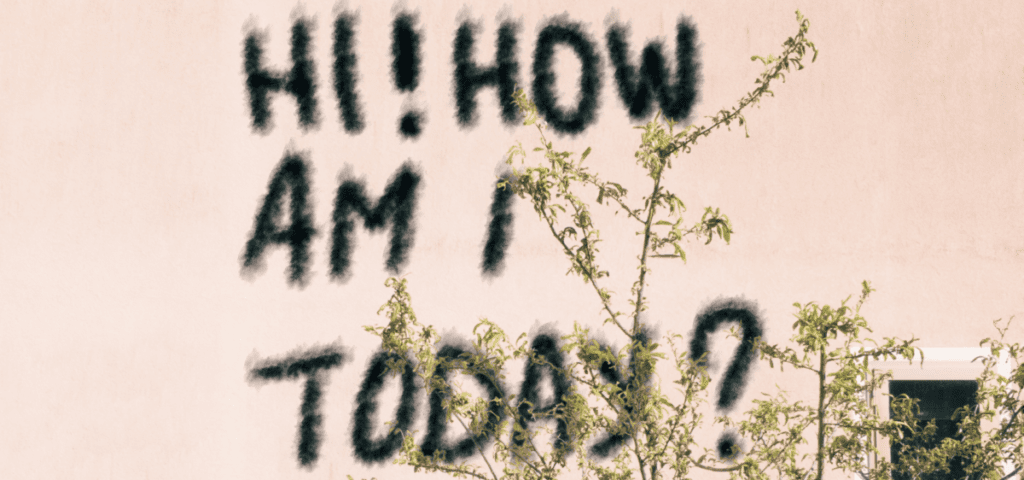
This one might sound too simple, but don’t underestimate it! Checking in with yourself daily is like taking the emotional temperature of your day.
What am I feeling right now? Am I tired, anxious, excited, or maybe a little bit of everything? I’ve found that most of the time, I don’t even recognize my emotions until I sit down and actually write them out.
There was a time, especially when I started working with young adults who have special needs, where I’d feel this weird mix of pride and exhaustion at the end of the day.
It wasn’t until I started journaling about it that I realized the exhaustion came from constantly trying to balance their needs with my own expectations.
Just jotting down what I was feeling in those moments helped me become more aware of what I needed too—whether it was a break or just a little more patience.
A tip? Don’t just stick with one-word emotions. Dig deeper. Are you frustrated because of something, or maybe you’re worried but not sure why? Writing it out helps you figure it out.
Trigger Exploration (What triggers my strongest emotions?)

Now, this one is huge, and honestly, it’s not the most fun to dive into because it can stir up some stuff you’d rather avoid.
But understanding your emotional triggers is like finding the root of the problem. Think of this prompt as a detective mission: What triggers my strongest emotions? What makes me angry, anxious, or super happy?
I remember a time when I’d get irrationally frustrated at small things—like when one of my kids would leave their dirty dishes on the counter or when my routine got disrupted.
After journaling about it, I realized my need for control was triggering these emotions. The trigger wasn’t actually my kids leaving dishes out—it was my anxiety over things not going as planned.
That realization was a game-changer for me because, from that point on, I could work on managing how I reacted instead of getting worked up over things I couldn’t control.
It also led to calm and peaceful discussions with my kids about how difficult it is to work so hard cleaning the kitchen only to see it a mess a short time later. I could step back a we as a family could solve the problem together.
Try writing about specific moments when you’ve felt overwhelmed or over-the-moon happy, and look for the common threads. What’s triggering those feelings? It might surprise you.
Reflecting on Reactions and Responses (How did I handle today’s challenges?)

Okay, so here’s where we get real. Reflecting on how we handled the challenges of the day can be a bit of a reality check.
It’s not about beating yourself up for making mistakes but rather learning from them. How did I handle today’s challenges?
Did I react calmly when my patience was tested, or did I blow up over something small?
I’ve had days where I’ve gone home feeling like a rockstar, handling everything smoothly. But I’ve also had days where I snapped at someone because I was stressed, and looking back at my journal later, I realized I wasn’t mad at them—I was mad at myself for overloading my schedule.
Writing about it forced me to own my reactions and, more importantly, to think about what I could’ve done differently.
This prompt is great because it gives you a chance to reflect, not just on what went wrong but also what went right. And it helps you see patterns in your behavior that you might want to change.
Practicing Gratitude (What am I grateful for today?)
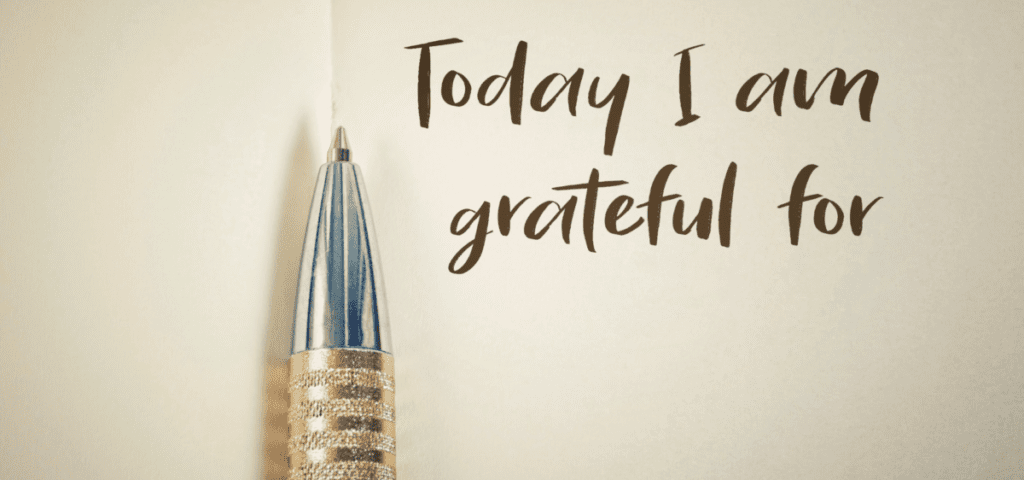
I know, I know—everyone talks about gratitude like it’s some kind of magic cure-all for your mood. And while it might not solve everything, it definitely helps shift your focus.
What am I grateful for today? It could be something big, like a promotion at work, or something small, like a really good pancake in the morning.
One thing I’ve learned from practicing gratitude in my journal is that it doesn’t have to be forced. If I had a tough day and I’m feeling like there’s nothing to be grateful for, I don’t pretend that everything’s fine.
Instead, I find little pockets of joy. For example, during one particularly challenging day with my kids, I wrote about how grateful I was for my daughter loading the dishwasher without being asked. That little moment stuck with me, even though the rest of the day was a mess.
Try ending your journal entry with three things you’re thankful for, no matter how small. It’s like rewiring your brain to focus on the positives instead of the negatives.
Empathy Building (How might someone else have felt in this situation?)

This one’s a game changer for relationships, whether they’re personal or professional. Taking a step back and thinking about how someone else might have felt in a situation can totally change how you see things.
How might someone else have felt in this situation? This prompt gets you out of your own head and into someone else’s shoes, which is a key part of emotional intelligence.
I remember an interaction with a coworker that didn’t go well. I was annoyed because they were slow to respond to dozens of requests.
Later, I journaled about it and realized I hadn’t considered how overwhelmed they must’ve been with their own workload. The next day, instead of staying annoyed, I asked if they needed help, and the entire dynamic changed for the better.
It’s easy to get wrapped up in our own feelings, but when you start practicing empathy through journaling, you’re training yourself to think beyond just your perspective.
And when you do that, your relationships (at home, at work, wherever) tend to improve naturally because people feel understood.
Best Journaling Tools for Emotional Intelligence Journaling
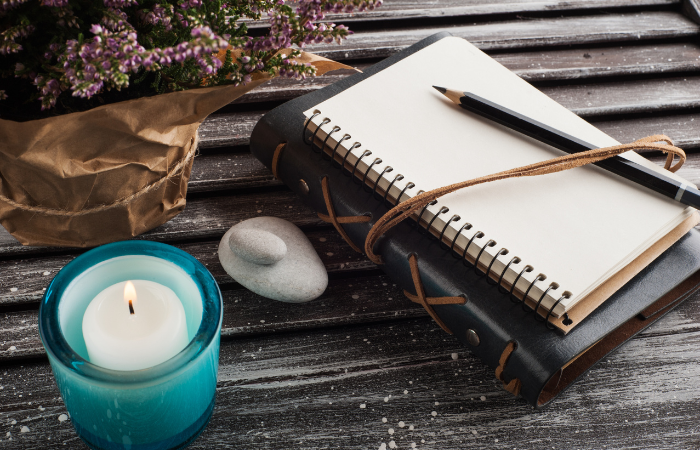
Finding the right journal can feel a bit like dating—you might have to try a few before you find “the one.” But don’t worry, I’ve got a solid lineup of journals that really helped me on my emotional journey.
These are more than just pretty notebooks; they’re designed to help you tap into your feelings and understand them better. Here are some that stand out!
The Five-Minute Journal
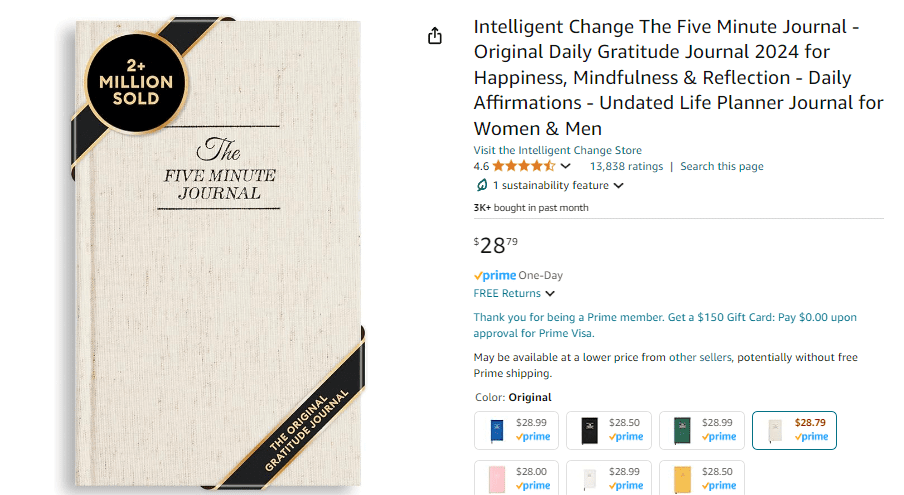
If you’re like me and struggle to find time for journaling, the Five-Minute Journal might be your new best friend. As the name suggests, it’s super quick and guided, so you won’t be stuck staring at a blank page wondering what to write.
Overview: This journal encourages you to reflect on your daily emotions and practice gratitude without taking up too much of your time.
- Encourages short, reflective sessions: Each day starts with a simple prompt, like “What am I grateful for?” and “What would make today great?” These quick sessions help you focus your mind without feeling overwhelmed.
- Promotes positivity and emotional control: I’ve noticed that just by writing a few things I’m thankful for every day, my mood starts to shift. It’s like I’m training my brain to look for the good, even on rough days.
- Helps track emotional progress: Over time, you can look back and see how your emotional landscape has changed. It’s eye-opening to see how I’ve grown, especially during those tough patches.
The Self-Love Workbook for Emotional Intelligence
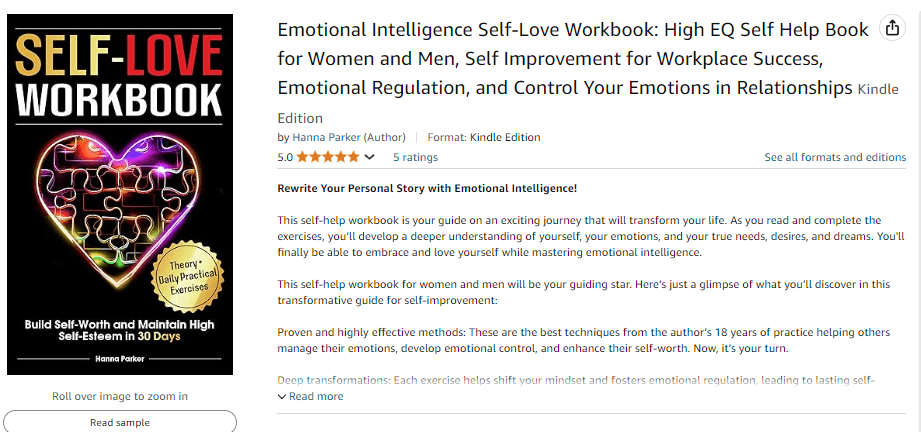
If you’re looking for something a bit more in-depth, The Self-Love Workbook for Emotional Intelligence is fantastic. This isn’t just a journal; it’s a workbook that guides you through building your emotional intelligence with a focus on self-compassion.
Overview: This workbook is all about helping you become more self-aware and heal emotionally.
- Includes targeted prompts for self-awareness: These prompts dig deep, making you really think about your feelings and actions. It’s like having a personal coach guiding you through the emotional jungle!
- Guides you through emotional healing: One of the things I love about this workbook is that it doesn’t just focus on positive feelings. It encourages you to confront the tough stuff too, which is crucial for real emotional growth.
- Great for beginners and advanced journalers: Whether you’re just starting out or you’ve been journaling for years, this workbook offers valuable insights that can meet you where you are.
Mood Tracker and Guided Journal
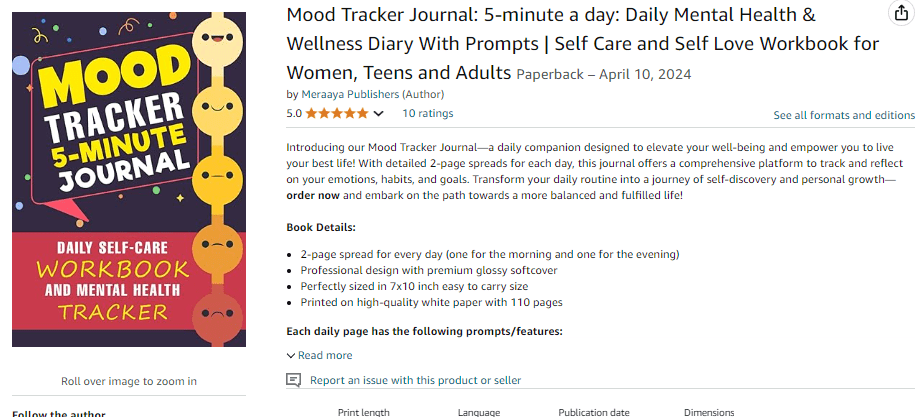
Last but definitely not least, the Mood Tracker and Guided Journal is a must-have for anyone who experiences mood swings or just wants to keep better tabs on their emotional state.
Overview: This journal is specifically designed to help you track your daily emotions and mood swings, which can be super helpful for managing stress and anxiety.
- Color-coded mood-tracking system: I love how visual this journal is! You can quickly see your emotional highs and lows, which helps you spot patterns over time. Plus, it adds a fun element to journaling!
- Helps spot emotional patterns over time: Once I started tracking my moods, I noticed some pretty clear trends. For instance, I discovered that my stress levels would spike on days when I skipped my morning coffee. Who knew a little caffeine could have such a big impact?
- Ideal for managing stress and anxiety: If you’re dealing with anxiety (like I sometimes do), this journal can be a lifesaver. It encourages you to reflect on what you’re feeling and why, helping you develop strategies to cope better.
How to Stay Consistent with Emotional Intelligence Journaling
When I first started journaling, I’d go all in for a week, then drop it like a hot potato. I mean, who hasn’t been there, right? But I learned a few tricks that helped me keep up with it, and I’m excited to share them with you!
Setting Aside Daily/Weekly Time for Journaling
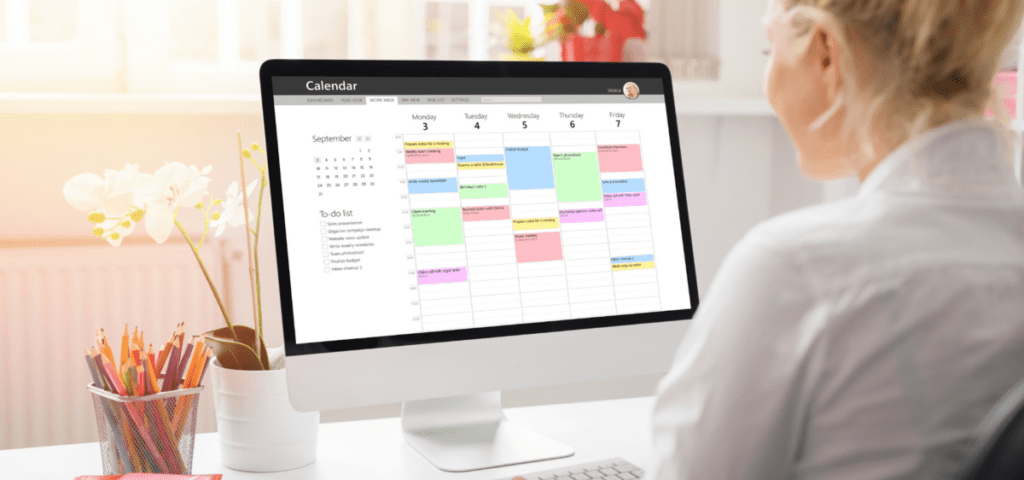
The first step to consistency is carving out some dedicated time for journaling. Seriously, set it in your calendar like an important appointment—because it is!
- Pick a time that works for you: Some people are early birds and prefer to journal in the morning when their minds are fresh. Others are night owls and find that writing before bed helps them unwind. Personally, I enjoy a little journaling session over my morning coffee. It feels like I’m setting a positive tone for the day.
- Start small: If you’re just starting out, aim for just five minutes a day. It doesn’t have to be a long, epic writing session. Just jot down a few thoughts about your feelings, and before you know it, those five minutes will turn into a habit.
- Create a cozy space: Find a spot where you feel comfortable and inspired to write. It could be a corner of your bedroom, a cozy chair with a blanket, or even a little spot outside if the weather’s nice. When you make journaling a pleasant experience, it becomes something you look forward to rather than a chore.
Using Reminders and Prompts for Consistency
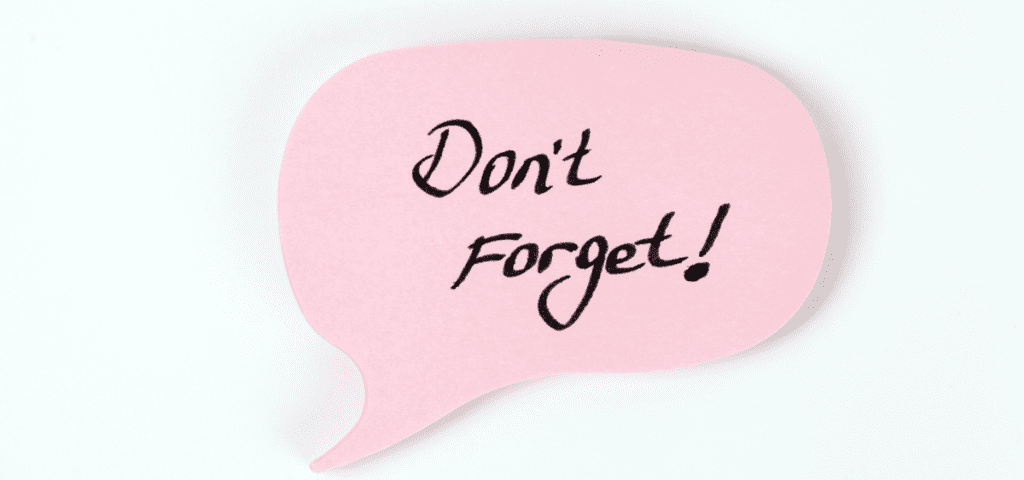
Sometimes, life gets so busy that we forget to take a moment for ourselves. That’s where reminders and prompts come in handy.
- Set reminders on your phone: I can’t tell you how many times I’ve forgotten to journal until my phone buzzed at me. Set a daily or weekly reminder to nudge you to pick up that pen. You can even choose a fun alarm tone—something that makes you smile!
- Use journaling prompts: Keep a list of prompts handy, or even better, write a few on sticky notes and stick them where you can see them. This way, if you’re feeling a bit blank or unmotivated, you’ll have something to spark your thoughts. You might be surprised how just a little nudge can lead to a flood of feelings and insights.
- Join a journaling challenge: There are plenty of online communities and challenges that focus on journaling. Participating in a challenge can help keep you accountable and give you new ideas for what to write about. It’s a great way to connect with others on a similar journey, too!
Making Journaling Part of Your Self-Care Routine

Finally, think of journaling as a crucial part of your self-care routine. When I started viewing it as a way to take care of my emotional health rather than another task on my to-do list, everything changed.
- Pair it with another self-care activity: For instance, if you enjoy a cup of tea or coffee, make journaling a ritual while you sip. Or you could journal right after your workout when you’re feeling all those endorphins. Associating journaling with something you already love can help reinforce the habit.
- Reflect on your progress: As you continue journaling, take a moment to look back on your entries from time to time. Celebrate your growth and acknowledge the challenges you’ve overcome. This reflection will reinforce the value of journaling in your life.
- Be kind to yourself: There will be days when you forget or feel too busy to write. That’s totally okay! Just pick up where you left off. Remember, journaling is about the journey, not perfection. Even if you miss a few days, what matters is that you keep coming back to it.
Emotional Intelligence in Everyday Life: A Personal Journey

Learning Emotional Intelligence Through Mistakes and Successes
Let me tell you, the road to mastering emotional intelligence isn’t some smooth highway—it’s more like a bumpy dirt road with potholes and unexpected twists.
I’ll be the first to admit that I’ve made more mistakes than I care to count. But here’s the thing: each of those mistakes taught me a valuable lesson.
When I first started teaching special needs young adults, I didn’t realize how much my emotional responses impacted not just myself but the entire classroom environment.
I thought as long as I stayed calm on the outside, I was doing my job right. Oh boy, was I wrong.
There was one moment in particular that really hit me. I had a student—we’ll call him Jake—who constantly tested boundaries.
One day, after he refused for the 15th time to participate in an activity, I felt that familiar heat rising.
My frustration was boiling under the surface, and despite my best efforts, it leaked into my voice. Jake picked up on it instantly and shut down completely.
The rest of the class was tense, and I spent the afternoon wondering what I had done wrong. That’s when I realized I was missing a key component of emotional intelligence: self-awareness.
Practical Tips: Start With Self-Awareness

Self-awareness is the foundation of emotional intelligence, and without it, you’re basically flying blind.
I learned that I needed to check in with myself throughout the day. If I was feeling irritable or tired, it was critical to acknowledge those feelings before they spilled over into my interactions with the students.
One thing that helped was setting aside five minutes at the beginning of the day to reflect on my mood. I’d ask myself, “What am I bringing into the classroom today? Is it helpful or harmful?”
If you’re struggling with self-awareness, try journaling. It sounds a little cliche, but trust me, it works.
I started writing down moments when I felt like I was about to lose it, more importantly, what triggered it.
Over time, I started to see patterns. For example, I realized that on mornings when I got less sleep (seriously, why do we do this to ourselves?), I was way more prone to losing patience with my students.
That small realization helped me change my morning routine, and suddenly, I was more in control of my emotions.
Self-Regulation: The Next Big Hurdle

Once you’re aware of your emotions, the next step is learning how to manage them. Honestly, this part took a while for me.
I used to think self-regulation meant bottling up emotions and putting on a happy face, but it’s actually about finding healthy ways to process and express what you’re feeling.
Take that experience with Jake, for instance. Instead of letting frustration build up, I started taking short breaks during the day.
Even just stepping getting a drink at the drinking fountain just outside the classroom and breathing deeply helped me reset.
I’d also practice mindfulness—a tip I picked up from one of those articles that claimed it could change your life. Spoiler alert: it kind of did!
Now, when I feel that tension building, I pause, breathe, and ask myself, “Is this reaction helping anyone?” Nine times out of ten, it’s not. And just acknowledging that can be enough to calm the storm.
How Emotional Intelligence Transformed My Family
One of the most surprising things about developing emotional intelligence is how it changes the dynamics of your relationships—not just with students, but with everyone around you.
As I became more aware of my own emotions and better at managing them, I noticed a shift in how my kids responded to me. They were more open, more engaged, and less defensive.
My teenagers started opening up like they never did before. I learned to approach them with curiosity. I asked one daughter “Why do you think putting your clothes away is such a challenge?” I’d ask.
And instead of shutting down, she’d actually start to talk about her feelings. It was like a lightbulb went off in both our heads: we were finally communicating on an emotional level. And let me tell you, that’s a game-changer in any family.
I also learned that instead of reacting impulsively to my daughter’s snarky comments, I started practicing what I preached in the classroom: self-awareness, self-regulation, and empathy. It’s not a magic fix, but it definitely makes the bumps a little smoother.
Key Takeaways: How to Boost Your Emotional Intelligence
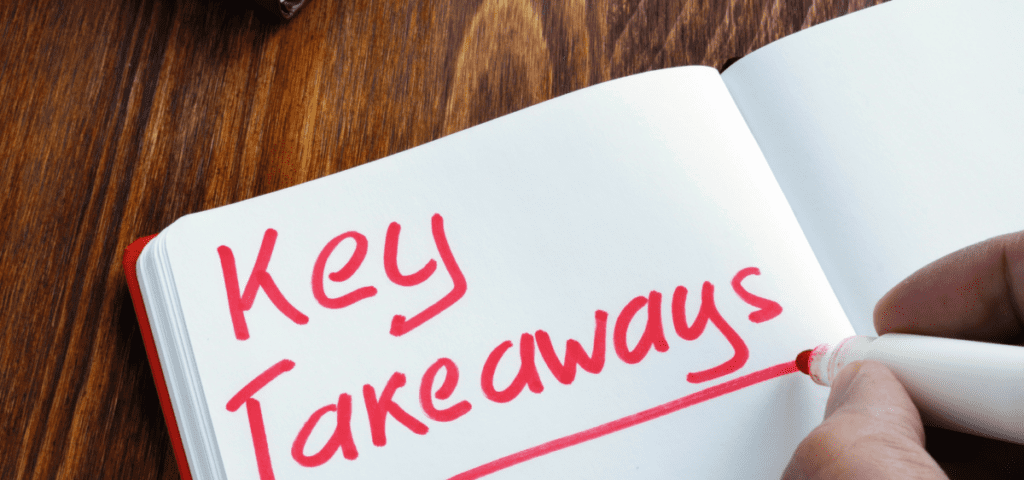
- Start with self-awareness. Take five minutes every day to check in with yourself. How are you feeling, and why? Journaling can help uncover patterns you didn’t realize were there.
- Practice self-regulation. When emotions rise, take a break. Step away, breathe, and ask yourself whether your reaction is actually productive.
- Focus on empathy. Try to understand what others are feeling, even if they’re not saying it. It’ll change the way you interact with everyone—from coworkers to your kids.
- Reflect on your progress. This isn’t something you’ll master overnight. Trust me, I’m still learning. But the more you practice, the easier it gets.
Emotional intelligence is one of those things that takes time and effort, but once you start putting it into practice, the results are incredible.
Whether it’s in your classroom, at home, or just navigating life’s everyday challenges, having a handle on your emotions can make all the difference.
Conclusion Emotional Intelligence Journaling
Emotional intelligence journaling is a powerful tool to unlock and strengthen your emotional intelligence.
Whether you’re working on self-awareness, emotional regulation, or improving relationships, emotional intelligence journaling offers endless possibilities for growth.
With the right tools and consistent practice, you’ll notice improvements in how you understand and manage your emotions.
Ready to start? Check out the top journaling tools and games on Amazon and begin your journey to greater emotional intelligence today!
GET FREE ACCESS TO OUR LIBRARY OF FREE PRINTABLES AND RESOURCES!
Enter Your Name and Email for FREE Access to our Library of FREE Home and Family Printables Series!





